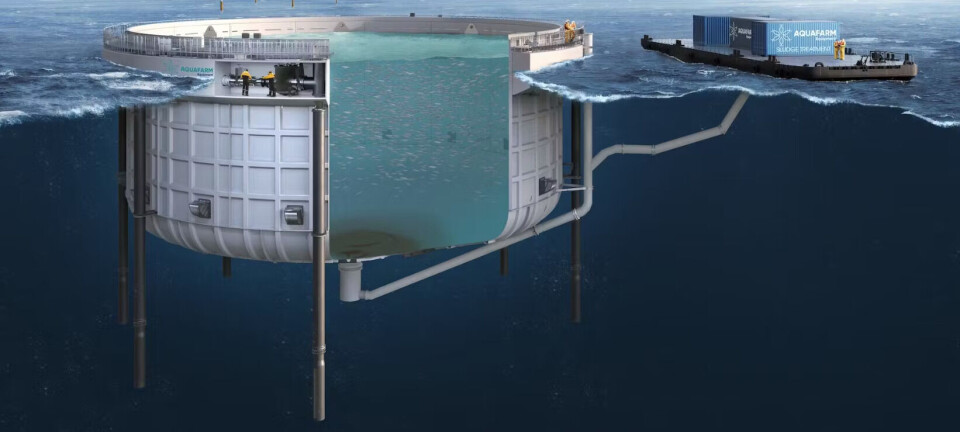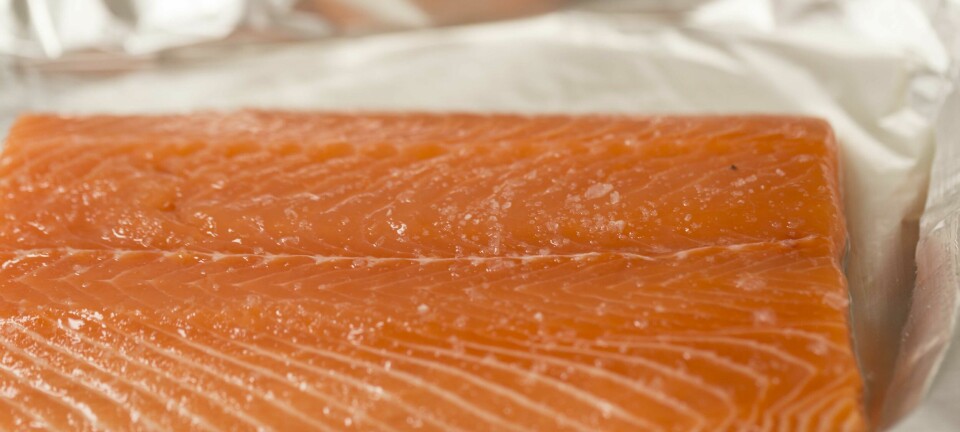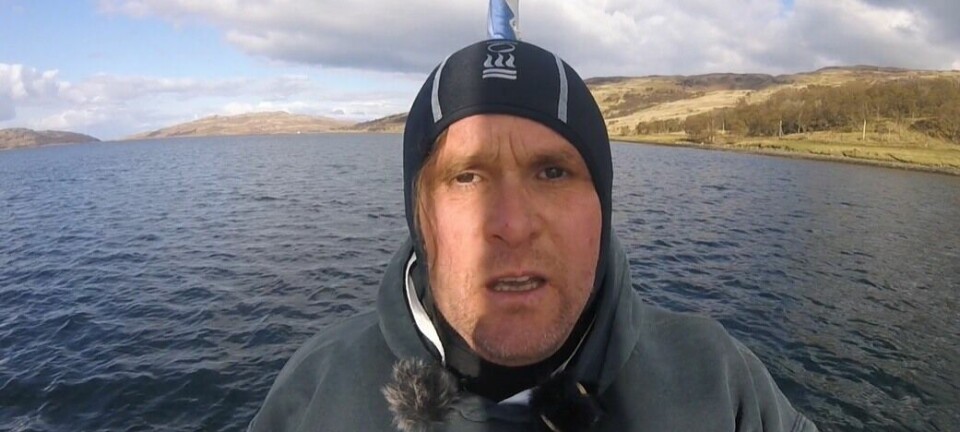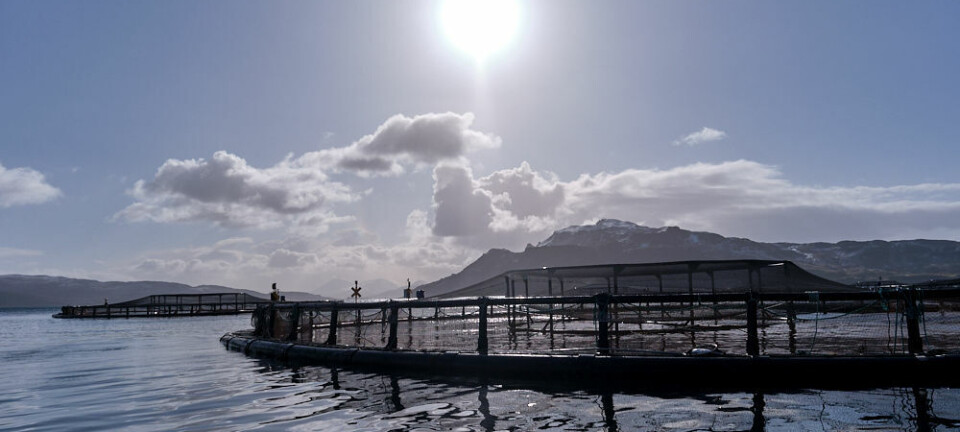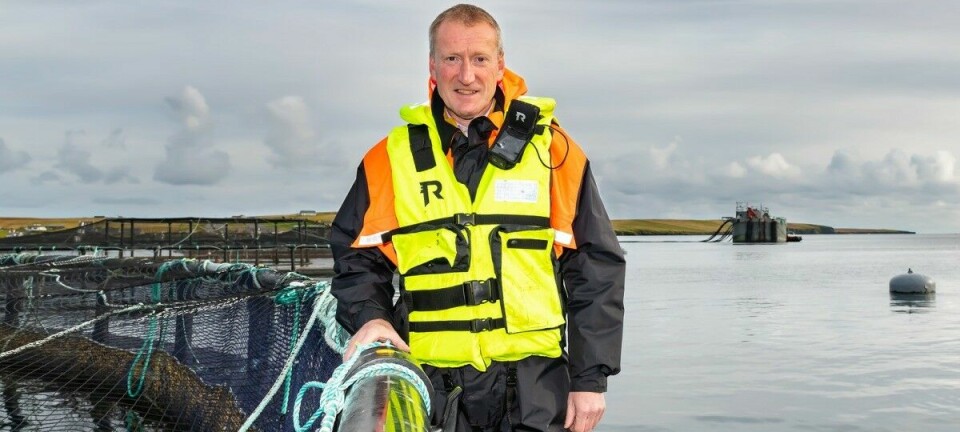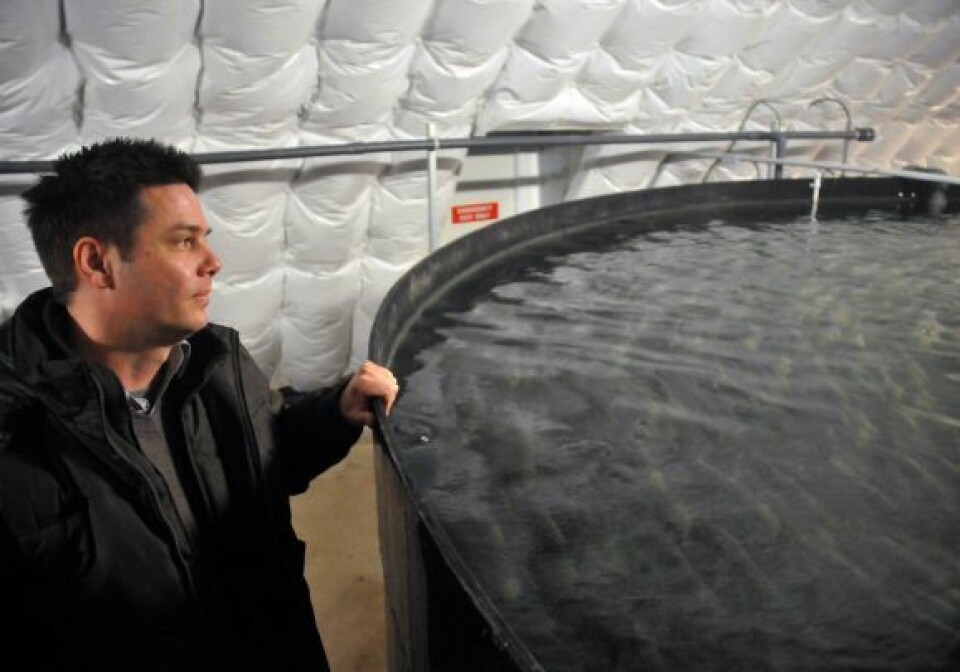
Yet another closed containment salmon farm fails
The assurances given by the CEO of Sustainable Fish Farming (Canada) Ltd. (SFFCL) that “...the data we have collected to this point has confirmed to us beyond any doubt (that) this technology provides a commercially viable platform for the production of salmon” ring a bit hollow after the company’s stock of tank- reared Atlantic salmon recently perished as a result of a tragic technical system failure. The statement is also questionable when- like most other high profile recent “land-based, closed-containment” project in Canada- this company has received considerable contributions from government agencies.
In 2008, SFFCL received a loan from the Province of Nova Scotia for CAD$ 750,000 (~€ 486,000), and payments towards the principal of this loan were deferred in February, 2010 when the government issued another loan to the company worth CAD$ 700,000 (~€ 454,000). Other projects similar in nature have received hundreds of thousands of dollars (in some cases millions) in government grants and donations by environmental organizations, and none of them have yet to show a profit. In fact, some have already closed their doors and moved into other activities.
This latest failure of a land-based, closed containment project was recently described in an article by Bill Power of the Chronicle Herald:
About 12,000 market-ready salmon were killed after a weekend power failure at the Sustainable Fish Farming (Canada) Ltd. land-based aquaculture site in Centre Burlington, an official said Tuesday. “It is a bitterly disappointing setback for our undertaking as we were about to deliver these salmon to customers,” Kirk Havercroft, company CEO, said in an interview.“It’s clearly a significant loss in revenue as the salmon were doing exceptionally well and we had customers for all 30,000 kilograms when they were ready for delivery in April and May,” Havercroft said.
He said partners in the venture had not had time to calculate the exact financial loss, except to say that there was a huge amount of local interest in the land-farmed salmon that were expected to fetch between $10 and $12 a kilogram (~€ 6.50 – 7.80), potentially putting the loss in the range of about $350,000 (~€ 227,000).
Havercroft said he and his partners in the land-based aquaculture operation are devastated with the loss, the result of a Saturday morning power failure, but convinced at the same time of the validity of their growing system.“We believed we had an extremely robust electrical system with three levels of redundancy. We lost power after an extremely unusual sequence of events, unlike anything I’ve experienced in my 25 years in the business,” he said.
Havercroft attributed the loss to the recent installation of a new power supply at the site to support a planned expansion. Two new and critical electrical components failed for about six hours, beginning on Saturday at 2 a.m., disabling the alarm and backup system. “Consequently, the entire batch of salmon currently on the farm was lost. These salmon would have been the first such fish to have been raised in a land-based contained farm in the province,” he said. The fish were not insured.
The partners in the program were to meet at the end of the week at the site, near Brooklyn, Hants County, to consider their options. “The fish were very close to market size and the data we have collected to this point has confirmed to us beyond any doubt (that) this technology provides a commercially viable platform for the production of salmon.”







